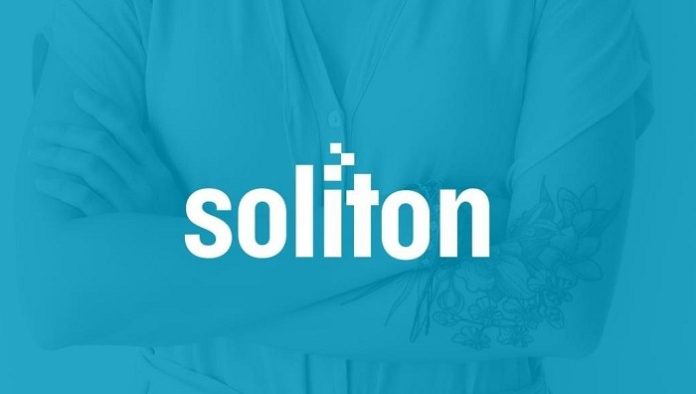Soliton, Inc. , a medical device company with a novel and proprietary platform technology, provided an update on its business strategy and financial position in light of the current COVID-19 situation. “In light of the widespread impact of COVID-19, our view of the ideal launch window for our RAP device has naturally changed,” commented Christopher Capelli, MD, founder, President and CEO of Soliton. “Clearly, launching an aesthetic device during a national crisis such as the COVID-19 pandemic would be ill-advised.
Fortunately for us, though the delay of our limited market launch costs us some time, it has also had a valuable upside. Instead of launching our RAP device focused solely on tattoo removal in mid-2020, we are electing to delay that launch until the aesthetic and financial markets are demonstrating more stability. In the meantime, we will remain highly focused on our regulatory pathway for cellulite
reduction. We now believe our initial launch could be timed appropriately to incorporate both tattoo and cellulite indications, subject to FDA clearance of the latter. We are all hopeful that this strategic shift allows sufficient time for our dermatology customers and the market in general to return to some sense of normalcy.”
Soliton recently announced that we will be sharing the results from the 12-week follow-up of our pivotal cellulite study through the American Academy of Dermatology’s virtual meeting expected to be held in the next 5 – 7 weeks. It is this data that will provide the clinical basis for our planned regulatory filing. At this time, we do not anticipate a delay in our regulatory plans for the cellulite indication and plan to file our 510(k) in the second quarter of 2020.
As many dermatologist offices are currently closed, we are experiencing follow-up visit cancellations in our ongoing 26-week cellulite assessment and
increased difficulty in executing the initiation of further clinical trials at sites around the country. While this will not impact the regulatory pathway for the initial cellulite indication, there is the expectation this will impact the timing of Soliton’s planned additional hypertrophic scar proof-of-concept study and the longer-term 26-week follow-up visits in our cellulite pivotal study. Furthermore, it is possible this may extend the time required to file for additional, improved cellulite reduction claims with the FDA and for initial approvals of a hypertrophic scar indication that we may seek in the future.
Given the modification in our timeline and the instability in the financial markets, we have modified our spending plans and now expect our cash on hand to finance our operations to December 2020, assuming that we do not encounter any unforeseen costs or expenses. We will modulate our launch timeline with early indicators of the recovery of the financial and aesthetic markets, with the objective of identifying an appropriate window of opportunity for a successful product debut.
Dr. Capelli concluded, “Despite the turmoil created by COVID-19, Soliton remains focused on executing it’s 2020 milestones related to the regulatory pathway for cellulite and implementing new initiatives to drive continued business momentum. Although our commercialization timeline has been modified and we are facing incremental challenges, we remain committed to our long-term goal of providing our customers with the innovative Rapid Acoustic Pulse technology and generating long-term shareholder value. We appreciate for your continued interest and support in Soliton.”
About Soliton, Inc.
Soliton, Inc. is a medical device company with a novel and proprietary platform technology licensed from MD Anderson. The Company’s first FDA cleared commercial product will use rapid pulses of acoustic shockwaves as an accessory to lasers for the removal of unwanted tattoos. The Company is based in Houston, Texas, and is actively engaged in bringing the Rapid Acoustic Pulse (“RAP”) device to the market. The Company believes this “Soliton” method has the potential to lower tattoo removal costs for patients, while increasing profitability to practitioners, compared to current laser removal methods. Soliton is investigating potential additional capabilities of the RAP technology in clinical and preclinical testing, including the potential to improve the appearance of cellulite by creating mechanical stress at the cellular level and inducing significant collagen growth and the potential to treat keloid and hypertrophic scars by targeting the stiffened environment in the intracellular matrix.























